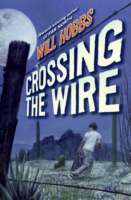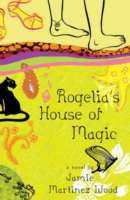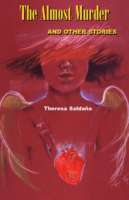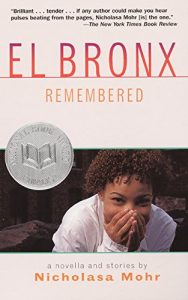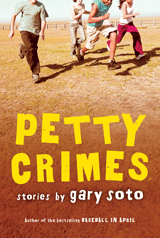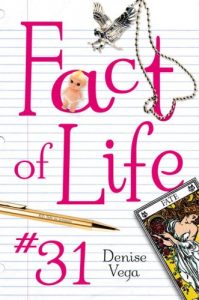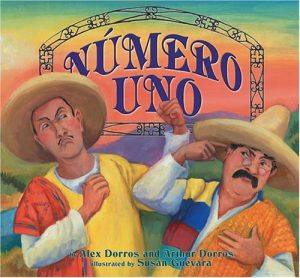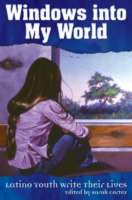
“They never thought I would leave. I remember tia Olivia calling the house to let me know that I was betraying my family by leaving to study. But unlike both of my parents, I wasn’t leaving the country to let years pass before seeing my family again; and unlike my mother, I wasn’t leaving to get married.” In this short but powerful memoir, Marisol explains that she knew her departure for Yale would create conflict with her family, but she is surprised that her leaving leads to a bond with her parents that she could never have imagined. Marisol is one of thirty-six Latinos whose writings are included in this collection. They all uniquely document their struggles with the issues that young people encounter–friendship, death, anorexia, divorce, sexuality–but added to these difficulties are those specific to their ethnicity, such as adjusting to a new culture and language, and handling familial and cultural expectations that can limit their hopes and dreams but just as often enrich their lives. In one piece, a young woman muses about the safety in the hills of her native Honduras compared to the flat expanse of her new homeland: “When I venture back into these silver hills, no one can see where I’ve gone because of the curves of the winding streets. But when I walk the flat roads of America, people can watch me go, trace my path and witness the inevitable stumble.” These short essays written by young men and women from various Latino backgrounds–Mexican American, Puerto Rican, Dominican, Salvadoran–reflect the diversity of growing up Latino in the United States. Whether from a gay or straight, urban or rural, recent immigrant or third generation perspective, these illuminating pieces of memoir shine a light into the lives of young Hispanic adults.

